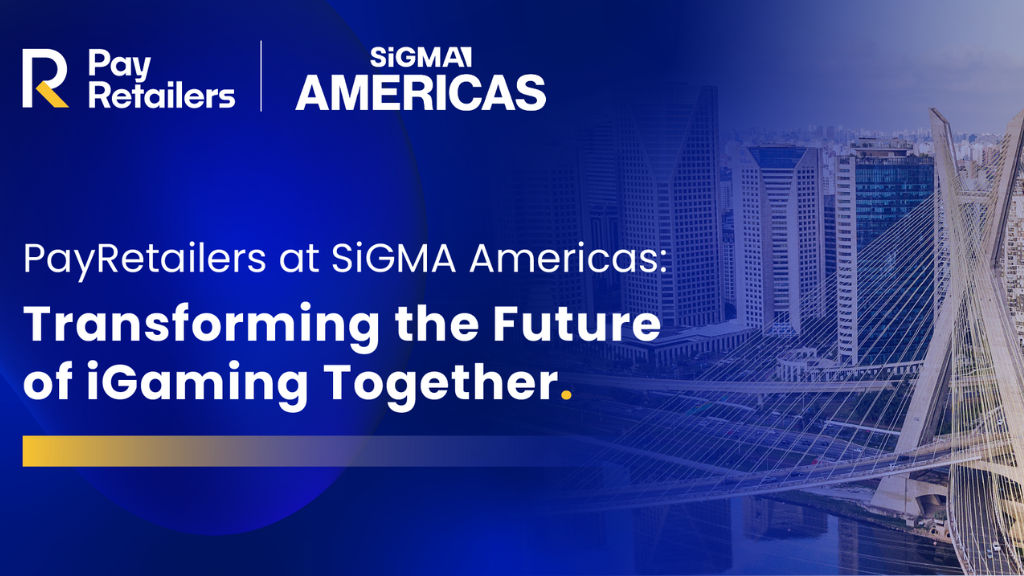Here’s what the experts of the popular CoinsPaid payment gateway have to say on gambling websites supporting crypto payments
iGaming companies that accept Bitcoin can save up to 90% in payment processing costs. And yet, there are thousands of gaming and gambling websites out there that still don’t support crypto. What is stopping them? Here’s what the experts of the popular CoinsPaid payment gateway have to say on the matter.
As more users turned to online casinos during lockdown, they discovered that cryptocurrency worked much better as a payment method than cards. As a result, Bitcoin payment providers – including CoinsPaid – started getting more and more integration requests from casino operators that wanted to be able to receive crypto payments.
However, the number of online casinos that accept crypto payments on their website is still one drop in the ocean of thousands and thousands of iGaming sites. So – to rephrase the question posed in the title of this article – what is preventing crypto payment solutions from overtaking traditional options like credit cards, Neteller, and Skrill?
Issue no.1: hidden fees
 It’s very important to stress the difference between blockchain mining fees and the commissions charged by a payment gateway for cryptocurrency. Mining fees go to the miners and depend on the network load and the price of Bitcoin. They fluctuate unpredictably and can get pretty high: for example, in August and September the fee exceeded $10 on some occasions. Blockchain payment processing companies have no influence over the mining fee, but – on the bright side – it’s the customer who pays it, not the merchant.
It’s very important to stress the difference between blockchain mining fees and the commissions charged by a payment gateway for cryptocurrency. Mining fees go to the miners and depend on the network load and the price of Bitcoin. They fluctuate unpredictably and can get pretty high: for example, in August and September the fee exceeded $10 on some occasions. Blockchain payment processing companies have no influence over the mining fee, but – on the bright side – it’s the customer who pays it, not the merchant.
The actual processing commissions are a different matter, and here processors’ practices vary. The best crypto payment platforms charge extremely transparent fees and readily disclose them upon request or display them on their website. Unfortunately, many providers only advertise the main processing fee. This deters potential clients: a study by Nielsen Norman Group found that businesses consider pricing as the most important piece of information when shopping for B2B services. Often a merchant subscribes to a service, attracted by the low advertised fee, only to discover later that there are hidden charges. The most common trick is to use unfavorable exchange rates when converting crypto into fiat.
Key takeaway: more transparent, clearly displayed pricing is needed to make more gambling businesses implement crypto payments.
Issue no.2: fiat settlements
iGaming operators want to enjoy the benefits of crypto payments, but they don’t want to hold Bitcoin. In many countries, crypto assets are an accounting nightmare: it’s not clear how to pay taxes on crypto revenue, how to calculate the capital gains tax when selling Bitcoin for USD later, and so on. That’s why every self-respecting processing company should have a crypto-to-fiat and a fiat-to-crypto payment gateway for merchants, as well as offer direct settlements in fiat.
For example, on CoinsPaid, merchants can request settlements in 6 different fiat currencies at any moment. The crypto in their balance is automatically exchanged into USD, euro or another currency of their choice and sent to their bank account. This means that the merchant doesn’t have to handle crypto at all unless they want to.
Far from all processing providers offer this service, however. Merchants are forced to withdraw their accumulated Bitcoins to an external wallet – normally a crypto exchange – and then do the conversion there. Fiat payment gateways for crypto exchanges are common, but it’s still a lot of hassle, and it scares off iGaming businesses.
Key takeaway: if more crypto payment platforms offer fiat settlements, gambling merchants will be more willing to implement Bitcoin.
Now that we’ve looked at two very real problems, let’s consider two common prejudices that merchants have about cryptocurrency.
Prejudice no.1: Bitcoin isn’t safe
 The most common questions we get from the business owners who want to know how to accept crypto payments are “What are the risks? Is it legal? Can someone steal my money?”.
The most common questions we get from the business owners who want to know how to accept crypto payments are “What are the risks? Is it legal? Can someone steal my money?”.
There’s a strong prejudice against Bitcoin among non-crypto-users – and we have the media to thank for that. Headlines like “ISIS used Bitcoin to help militants escape prison” or “Millions seized in crypto scam’ create an illusion that cryptocurrency is somehow riskier than traditional fiat currencies. The truth is that a payment in coins is inherently safer, more transparent and traceable than a card payment – and crypto fraud volumes are nothing compared to card fraud.
Thanks to partnerships with blockchain security companies, the best crypto payment gateways can instantly detect suspicious transactions. Even more importantly, using a cryptocurrency payment API is the best way to protect one’s business from chargeback fraud – one of the biggest headaches of any gaming entrepreneur. Since crypto transactions are irreversible by default, it’s not possible to force a merchant to do a refund.
Key takeaway: processors should stress the aspect of safety and fraud-resistance. Many gambling merchants will be attracted by the fact that there’s virtually no risk of fraud.
Prejudice no.2: You have to be a pro blockchain user to receive crypto
This myth is connected to the Issue no.2 we’ve looked at earlier. Many merchants believe that they have to have a large number of blockchain wallets, know how blockchain works, or be able to trade Bitcoin. For someone not familiar with this topic, crypto can seem very complicated, and that discourages a lot of iGaming business owners.
The fact is that as long as a merchant chooses a good crypto payment provider, they will hardly have to deal with crypto at all. Payment processing, transaction security, cold crypto storage, conversion into fiat, withdrawal to a bank account – the payment provider will take care of all this. For the merchant, accepting crypto works the same as accepting fiat – only up to 90% cheaper.
In order to eliminate this prejudice, crypto processing providers should actively spread awareness of this payment option through blogs, articles, videos etc. Like with any new payment tool, it’s important to educate merchants and show them that it’s easy to use. Merchants themselves can play a role in this educational work through partnership programs. Every good payment gateway has an affiliate program, and CoinsPaid is not an exception. If an iGaming entrepreneur brings on board a new client, they will earn a share of the platform’s commissions paid by their referral.
Key takeaway: payment processors need to invest more effort into spreading awareness of how crypto payments work – otherwise merchants will continue to believe that they need advanced knowledge of blockchain to use Bitcoin.
Concluding thoughts
The best cryptocurrency payment gateways don’t lack anything compared to traditional payment systems: they are fast, safe, and actually much cheaper. Theoretically, coin payments can even overtake credit cards and e-wallets as the most popular payment option in gambling.
The problem is that many crypto payment providers fail to communicate clearly how the system works, and that results in a lot of misconceptions and prejudices. If cryptocurrency is to achieve mass adoption in the gaming industry, BTC and altcoin payment gateways have to offer more transparent pricing, direct fiat settlements, and last but not least – clear guidance and integration guides for merchants.
The SiGMA Roadshow:
The SiGMA Roadshow is stepping up its game; now virtual, the webinar will take on a new jurisdiction every month, targeting a global agenda of gritty conference topics and a small, yet buzzing expo floor. Hosted on an interactive platform, the 2 hours mini conference will delve into 5 key areas of debate, bringing key themes specific to the region – such as regulation, tax and compliance, and emerging tech, to a table of thought leaders and academics at the top of their game. The SiGMA Virtual Roadshow will reflect SiGMA’s global events opening in 5 major regions over the next few years, specifically Europe, the CIS region, Asia, the Americas, and Africa. The monthly event, which launches with a worldwide tour of 14 countries, starts off with the recently legislated Ukraine, and will be published via podcast. REGISTER HERE.
















